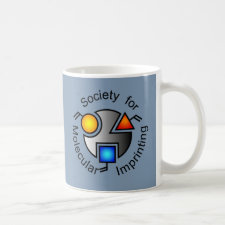
Authors: Zhu QK, Li XM, Xiao YH, Xiong Y, Wang SP, Xu CL, Zhang J, Wu XW
Article Title: Synthesis of Molecularly Imprinted Polymer via Visible Light Activated RAFT Polymerization in Aqueous Media at Room Temperature for Highly Selective Electrochemical Assay of Glucose.
Publication date: 2017
Journal: Macromolecular Chemistry And Physics
Volume: 218
Issue: (19)
Page numbers: ArticleNo1700141.
DOI: 10.1002/macp.201700141
Abstract: The mild environment where most proteins and antibodies in living systems are prepared has inspired fascination among chemists. Herein, a new, rapid, low-cost, and environment-friendly method is proposed to synthesize molecularly imprinted polymers (MIPs) via visible light activated reversible addition-fragmentation chain transfer polymerization in aqueous media at room temperature for highly selective electrochemical assay of glucose. The MIPs with microsphere morphology, the better hydraulic distribution, large surface area, uniform large pore sizes, and high pore volume exhibit a significant adsorption efficiency compared with nonimprinted polymers for glucose. In addition, the MIP sensor recognizing the glucose significantly exceeds that of the other saccharide analogs, possesses regenerative ability, and presents high sensitivity by applying for the detection of glucose in human urine samples
Template and target information: glucose
Author keywords: irradiation, living polymerization, polymers, reversible addition-fragmentation chain transfer, sensors



Join the Society for Molecular Imprinting

New items RSS feed
Sign-up for e-mail updates:
Choose between receiving an occasional newsletter or more frequent e-mail alerts.
Click here to go to the sign-up page.
Is your name elemental or peptidic? Enter your name and find out by clicking either of the buttons below!
Other products you may like:
 MIPdatabase
MIPdatabase









